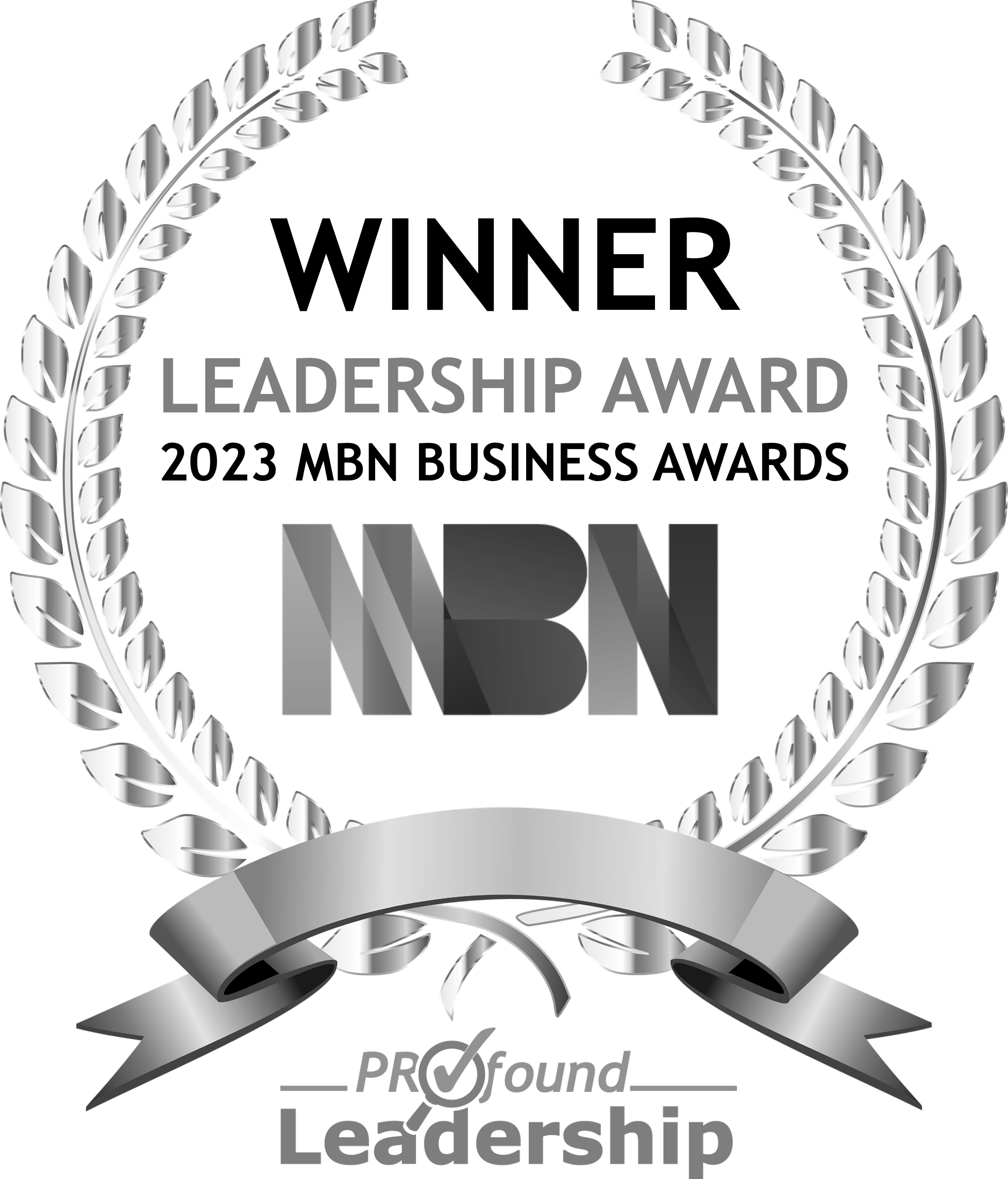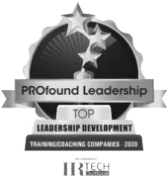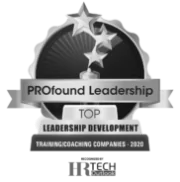Time to put ‘Collaboration’ on the chopping block?

[3 min read]
How to use cooperation as a recipe for success instead of disaster.
Collaboration is the talk of the town. But is it time to put it on the chopping block? Collaboration can be both good and bad for an organisation, and too much of it can be just as damaging, if not more, than not enough.
Over the last few years, ‘collaboration’ has become a buzzword and a hallmark of today’s business environment. And whilst I am a big supporter of appropriately utilised collaboration, I observe that many businesses push collaboration beyond its usefulness. It can reach a point of joint decision-making, copy-all email, fancy collaboration tools and all-inclusive meetings, where nothing ever gets done because there is an expectation of everybody getting along and working together on everything. Since that is quite an unrealistic target, it often achieves the opposite and destroys vital productivity and independence of individual employees within an organisation. This type of collaboration puts many individuals into ‘collaboration overload’, leaves them feeling upset and excluded, forces them to work overtime, and too often negatively impacts their wellbeing. This is clear evidence that less collaboration would be more.
There is no doubt that collaboration is the key to efficiency. But, clearly, as with everything else, balance is key. Collaboration is about working together, sharing ideas and resources, to achieve a common goal. It’s about creating efficient processes and systems that allow for each person to contribute their best work. It’s about being able to do a task or part of a project without having to ask permission from anyone else. And it’s about being able to trust that everyone involved is working towards a common purpose - not just their own individual goals or aspirations.
Coming together is a beginning, staying together is progress,
and working together is success.
~ Henry Ford
When we work together, we can accomplish more than we could if we were working alone. But collaboration means being able to contribute independently, too. With the fast pace of work these days, we simply don’t have the luxury of time to consult with everyone about everything we’re working on. Doing so would mean an incredibly slow approach to everything and thus fast-track the end of our organisation.
To ensure organisational success in today’s busy and ever-changing environment, we need clearly defined roles and individuals who can autonomously, swiftly, and effectively complete their responsibilities and projects, without wasting everybody else’s time. Each employee plays a vital role and must be able to work independently as well as building and fostering strong collaboration with others if required. They must have the skills and knowledge to know when to go alone, and when to work together to successfully complete tasks or projects most effectively.
This raises a fundamental question: when to collaborate and when not to. Here are my top tips.
Collaborate? Nope!
We must stay clear of collaboration when:
- The cost of collaboration outweighs the benefits, i.e., the collective outcome produces lower results than working independently.
- Individuals are equipped with the necessary tools to successfully complete the tasks on their own.
- Tasks are simple, small, and straight forward.
- A fast execution is crucial to achieve the outcome.
- Something is not a priority and doesn’t align with the organisational vision and mission.
- We have a toxic organisational culture.
- Others within the team are lazy and take advantage of others.
Collaborate? - Yup!
On the other hand, collaboration is incredibly useful when:
- Brainstorming fresh concepts, new ideas and service and product offerings.
- Planning strategies and gaining buy-in from all stakeholders involved.
- Coordinating, planning, and carrying out difficult tasks.
- Learning from each other’s experiences and plan a way forward.
- Handling ambiguous and complex challenges.
- Improving workflows that affect quality, efficiency, or customer service.
- Making key decisions that can impact the overall business and
affect the entire team or workforce.
Often the greatest contribution to a team or organisation comes from individuals who follow clear workflows, have well-defined roles, and can complete their own work independently within an agreed timeframe that is aligned with the vision and common goals of the organisation. Fostering an independent mindset of excellence gives us empowerment to position ourselves in the best possible emotional state, helps us to step up and be pro-active rather than being affected and conditioned by others and reactive to their actions and problems.
And if we create a high-performing team or organisation consisting of independent people who are working in collaboration with each other, where everyone is on the same page and has ownership of the task at hand, mistakes are far less likely to happen, deadlines will be met, and the sky is the limit for the organisation as a whole.
“Dare to make a difference!” #WeMakeItEasy #LeadershipSkills
AUTHOR

Martin Probst - CEO (Chief Education Officer)
If you liked our blog, please feel free to subscribe HERE to ensure you receive a reminder for our upcoming posts.
Please leave your feedback below and don’t forget to share this blog with your work colleagues. So they too can benefit from it. Simply choose your preferred social media on the left.







 Get a personalised 26pp report that helps you understand your own style, provides you with insights into DISC principles, and shows you how to apply your strengths or adapt your style to achieve better outcomes.
Get a personalised 26pp report that helps you understand your own style, provides you with insights into DISC principles, and shows you how to apply your strengths or adapt your style to achieve better outcomes. A 10-minute straight-to-the-point "Stress Strangler" every successful manager needs. Join our community and instantly access your FREE download (valued at $47)!
A 10-minute straight-to-the-point "Stress Strangler" every successful manager needs. Join our community and instantly access your FREE download (valued at $47)!